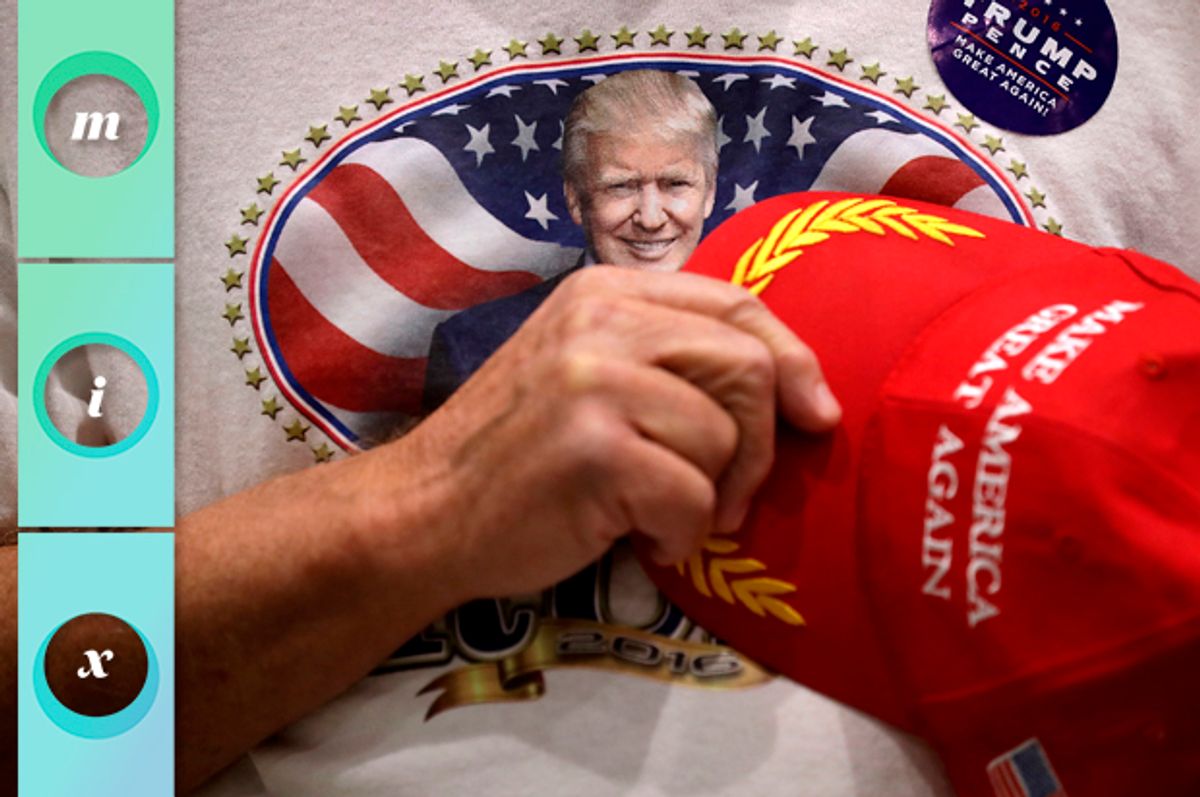Since Donald Trump’s inauguration, national media outlets have been profiling people who voted for Trump — especially those in working class communities who may be negatively affected by the Trump administration’s policies — to find out whether they still support the president.
Social psychologist Carol Tavris says these stories are unlikely to report widespread Trump regret any time soon. To understand why, I spoke via Skype with Tavris, who is also the author of "Mistakes Were Made (But Not By Me): Why We Justify Foolish Beliefs, Bad Decisions and Hurtful Acts."
"Trump voters have two things going that maintain their support of Trump. One is that they are in a bubble of self-protective information that gives them an explanation for why their candidate is in fact still doing just everything he should do and that everybody is lying about him," said Tavris. "And the other is that as people committed to a political party, they want to maintain their commitment to that party as long as they possibly can. It's very difficult for partisan Democrats or partisan Republicans to change party affiliation, you know, to say my candidate means I may need to rethink my party identity. That is very difficult for people to do."
Listen to the full episode of our podcast, "Salon Mix," to learn more about the role cognitive dissonance plays in how and why people change their minds — or don't.
This interview is part of a larger story on the phenomenon of seeking Trump voter regret. Read the full story and watch an interview with psychoanalyst Justin Frank about the emotional reasons behind Trump voters' commitment to the president.



Shares